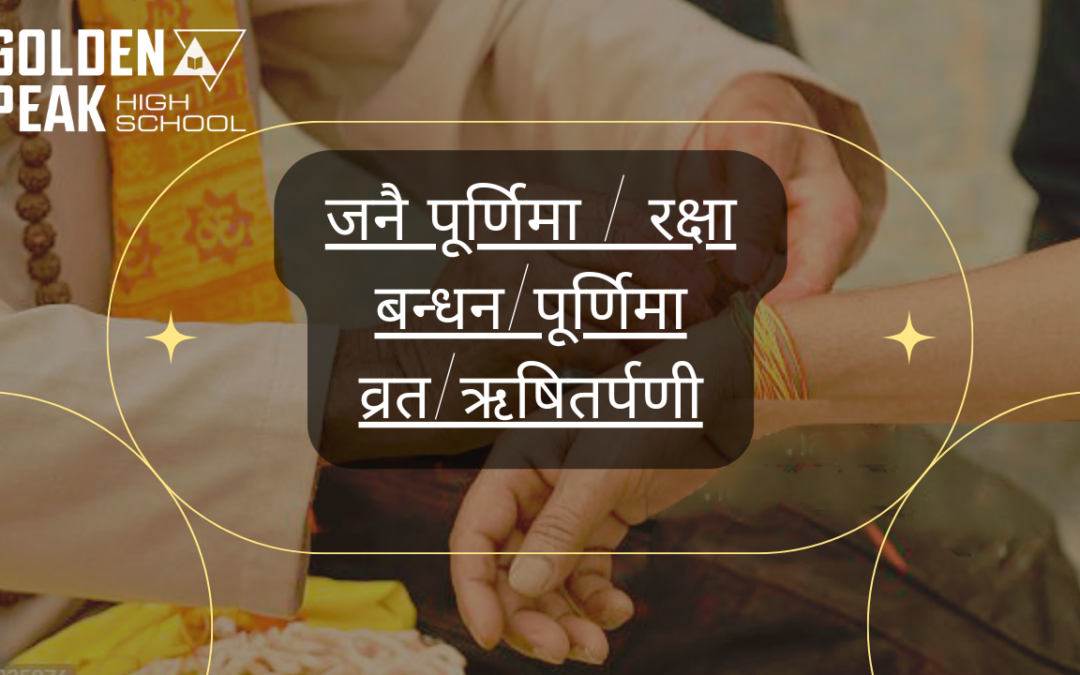The festival of Janai Purnima is deeply rooted in mythology, with a story involving Lord Vishnu and the demon king Bali. In this tale, Vishnu, disguised as a dwarf, deceives Bali by asking for land that he can cover in three strides. When Bali agrees, Vishnu’s strides span the entire earth and heaven, leading to Bali’s defeat. Vishnu then binds Bali with a sacred thread, symbolizing protection. This mythological event is commemorated during Janai Purnima, where the thread serves as a symbol of protection and divine power.
In addition to the religious rituals, Janai Purnima is also a day that highlights the bond between brothers and sisters, known as Raksha Bandhan. Sisters tie a thread bracelet around their brothers’ wrists, symbolizing their protective role in each other’s lives. In different regions of Nepal, the day is celebrated with unique traditions. In Mustang, the Gurungs and Thakalis observe the Yatung Mela with feasting and activities involving mountain ponies. Meanwhile, in Kathmandu, the Newar community celebrates Gunhi Punhi by preparing a special dish called Kwati, a nutritious nine-bean soup.
One of the most significant pilgrimage sites during Janai Purnima is Gosaikunda Lake in the Rasuwa District. Devotees flock to the lake to take ritual dips in its cold waters, which are believed to be spiritually connected to the Kumbheshwar Temple tank in Patan. The festival at Gosaikunda is a lively event, attracting pilgrims and shamans alike, adding to the spiritual and cultural significance of the day.
In conclusion, Janai Purnima is more than just a festival in Nepal; it is a celebration that brings together various cultural traditions and practices. It serves as a reminder of Nepal’s rich cultural heritage, reinforcing the bonds of family, community, and faith. Through its diverse observances, Janai Purnima not only preserves ancient customs but also strengthens the shared values that are at the heart of Nepalese society.
Rohit Sharma Grade: 10


